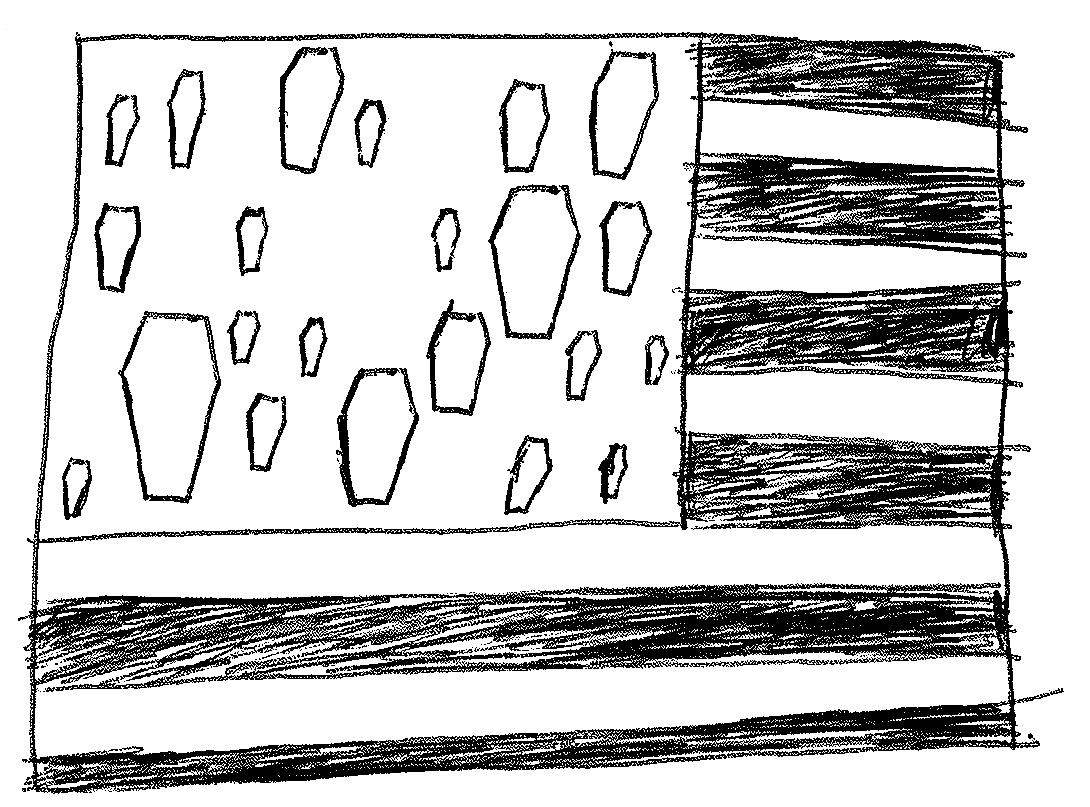Last week, the national security adviser, Jake Sullivan, gave a speech at the Brookings Institution in Washington in which he repudiated the policy consensus of the last 30 years. Trade liberalization for its own sake, privileging the financial and virtual economy over the productive economy, the trickle-down model, tax cuts, deregulation, and the lack of a US industrial policy—Sullivan presented all of these as tragic mistakes that have left America a weaker and more internally divided country.
Not content with diagnosing the problem, Sullivan assured his listeners that the Biden administration has a plan to solve it. The “new Washington consensus,” he promised, will reverse the mistakes of the previous Washington consensus. It will involve being tough on China, pursuing industrial policy, and investing at home to create solid middle-class jobs.
Proclaiming a “new Washington consensus” seems to assume that America enjoys the same hegemonic status it did at the end of the Cold War, giving it a free hand to renegotiate its position in the world on its preferred terms. But by weaponizing the dollar, blocking countries from the SWIFT financial network, and confiscating foreign reserves of countries it doesn’t like, the United States has weakened its hegemonic status. Forging anything like a new “consensus” based on some sort of widely respected rules of the road now looks increasingly implausible. Even figures like former International Monetary Fund head Christine Lagarde are now openly talking about emerging multipolarity.
“Sullivan is playing a familiar role in history: that of the doomed 11th-hour reformer.”
